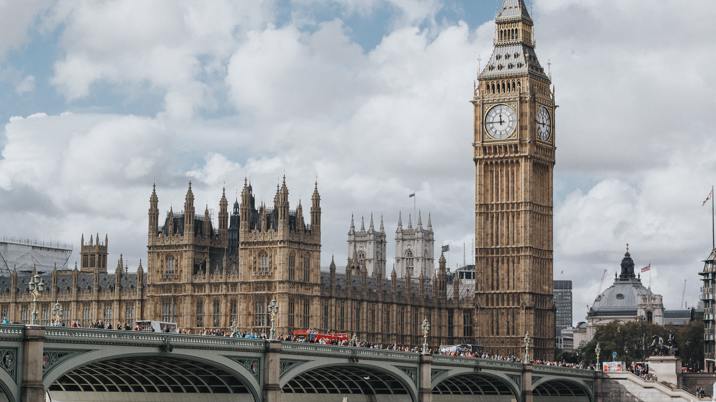
Publishing its report on the draft Online Safety Bill, the committee said that what should be a “world-leading, landmark” piece of legislation instead represents a “missed opportunity” and neither “protects freedom of expression” nor is it “clear or robust” enough to tackle illegal and harmful content online.
The bill’s focus on threatening companies with fines could lead to “excessive take-downs” of content and the draft legislation should be changed to ensure Ofcom has “powers to assess whether providers have balanced their freedom of expression obligations with their decision making” the committee said.
Responding to the report, Dawn Alford, Executive Director of the Society of Editors said that it was essential that the bill was strengthened to protect freedom of expression and journalistic content.
She said: “The Society welcomes the DCMS select committee’s acknowledgement in the report that, at present, the draft Online Safety Bill is insufficient to protect freedom of expression. As the Society has previously outlined in evidence to the Joint Committee that has also scrutinised the bill, a broad and workable exemption for journalistic content must be included in the legislation and measures must be put in place by platforms to ensure that broad-brush algorithms do not result in the take-down of legitimate journalistic content.
“We also call on the government to look more closely at the appeals process to ensure that it works in practice and that it recognises the fast nature of today’s news process.”
Writing in yesterday’s report, the committee said that current proposed amendments to the bill represent “a missed opportunity” in making the broader definitions of harm compatible with international human rights law and address societal harms like Covid-19 disinformation.
In relation to content that is harmful to adults, the committee said that, at present, the bill “does not provide a clear legislative basis upon which Ofcom will be able to judge the efficacy of measures, systems and processes (particularly algorithms and automated systems) in mitigating or managing the risk of such content.”
The bill “lacks proportionality in this area” the committee said and, as such, “may result in excessive takedowns by service providers especially where their terms and conditions specify that such content should be removed prima facie in order to meet the duties’ requirements to enforce their terms of service consistently and thus avoid associated penalties.”
Calling on the government to reframe the language around considerations for freedom of expression and “incorporate a ‘must balance’ test so Ofcom can interrogate and assess whether providers have duly balanced their freedom of expression obligations with their decision making” the committee also called for the definition of content that is harmful to adults to explicitly include content that “undermines, or risks undermining, the rights or reputation of others, national security, public order and public health or morals” as also established in international human rights law.
The select committee’s report can be found here.
Keep up-to-date with publishing news: sign up here for InPubWeekly, our free weekly e-newsletter.












